Walter Abel
Credits

Reagan
Self
Movie
2011

The Ultimate Solution of Grace Quigley
Actor
Homer Morrison
Movie
1984

The Man Without a Country
Actor
Col. A.B. Morgan
Movie
1973

Silent Night, Bloody Night
Actor
Mayor Adams
Movie
1972

Seaway
Guest Star
Show
1965
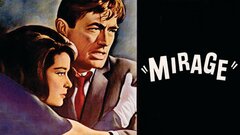
Mirage
Actor
Charles Stewart Calvin
Movie
1965
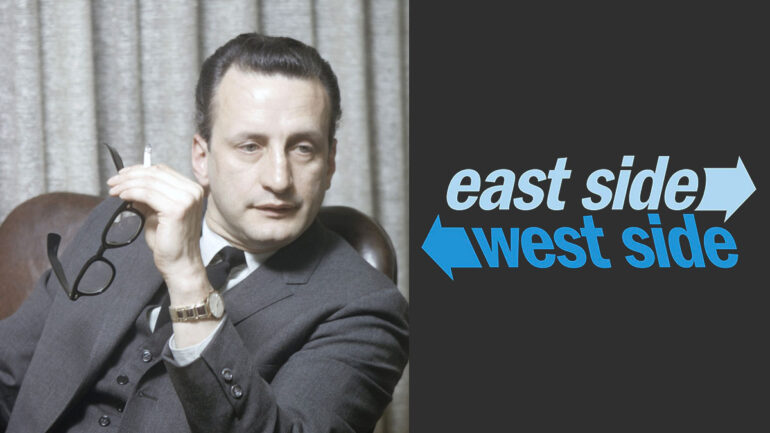
East Side West Side
Guest Star
Series
1963
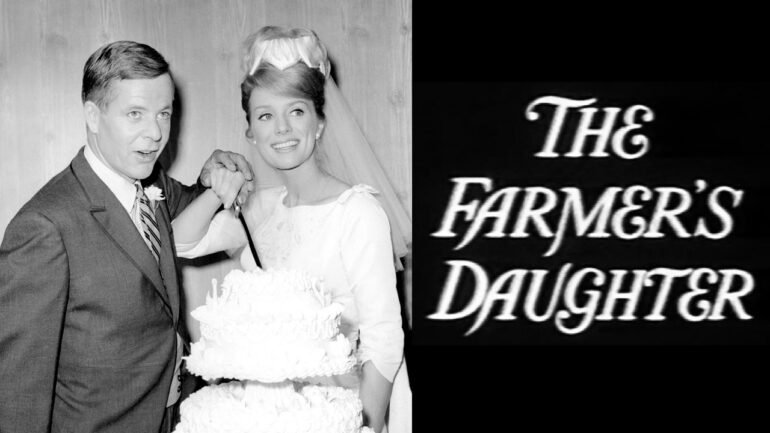
The Farmer's Daughter
Guest Star
Todd
Series
1963

Handle With Care
Actor
Prof. Roger Bowden
Movie
1958
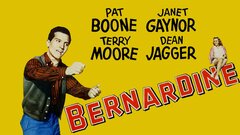
Bernardine
Actor
Mr. Beaumont
Movie
1957
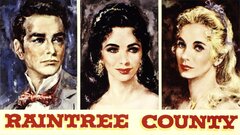
Raintree CountyStream
Actor
T.D. Shawnessy
Movie
1957

The Steel Jungle
Actor
Warden Bill Keller
Movie
1956

Hour of Stars
Actor
Show
1955
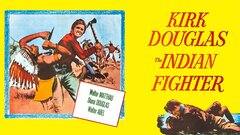
The Indian FighterStream
Actor
Captain Trask
Movie
1955
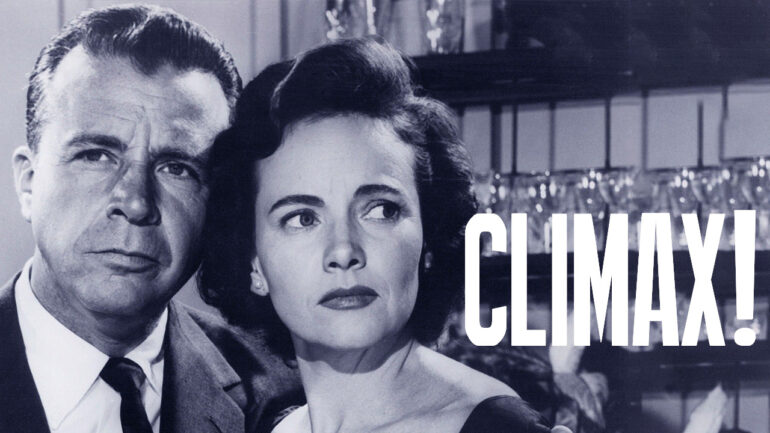
Climax!Stream
Actor
Series
1954

Twelve Angry Men
Actor
Juror #4
Show
1954

Night PeopleStream
Actor
Maj. R.A. Foster, MD
Movie
1954

Island in the Sky
Actor
Colonel Fuller
Movie
1953

So This Is Love
Actor
Colonel James Moore
Movie
1953

Tales of TomorrowStream
Actor
Series
1951

The Sam Levenson Show
Self
Show
1951

Faith Baldwin's Theater of Romance
Actor
Show
1951

Masterpiece Playhouse
Actor
Star
Show
1950

Studio One
Actor
Series
1948

That Lady in Ermine
Actor
Major Horvath/Benvenuto
Movie
1948

The Fabulous Joe
Actor
Milo Terkel
Movie
1947

The Kid From Brooklyn
Actor
Gabby Sloan
Movie
1946

13 rue Madeleine
Actor
Charles Gibson
Movie
1946

The Affairs of Susan
Actor
Richard Aiken
Movie
1945

Kiss and Tell
Actor
Harry Archer
Movie
1945

Tierra de Esperanza
Actor
Movie
1944
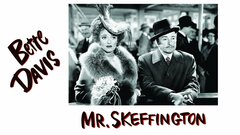
Mr. SkeffingtonStream
Actor
George Trellis
Movie
1944

An American Romance
Actor
Howard Clinton
Movie
1944

So Proudly We Hail
Actor
Chaplain
Movie
1943

Fired Wife
Actor
Chris McClelland
Movie
1943

Holiday InnStream
Actor
Danny Reed
Movie
1942

Wake Island
Actor
Cmdr. Roberts
Movie
1942

Beyond the Blue Horizon
Actor
Prof. Thornton
Movie
1942

Hold Back the Dawn
Actor
Inspector Hammock
Movie
1941

Skylark
Actor
George Gore
Movie
1941

Glamour Boy
Actor
Anthony J. Colder
Movie
1941

Michael Shayne, Private Detective
Actor
Elliott Thomas
Movie
1941

Arise, My Love
Actor
Mr. Phillips
Movie
1940

Dance, Girl, Dance
Actor
Judge
Movie
1940
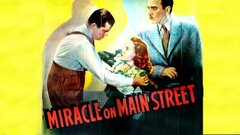
Miracle on Main Street
Actor
Jim Foreman
Movie
1939

Racket Busters
Actor
Hugh Allison
Movie
1938

Men With Wings
Actor
Nick Ranson
Movie
1938

Law of the Underworld
Actor
Warren Rogers
Movie
1938

Portia on Trial
Actor
Movie
1937

Green Light
Actor
Doctor John Stafford
Movie
1937

Wise Girl
Actor
Karl Stevens
Movie
1937

Two in the Dark
Actor
Ford Adams
Movie
1936

Second Wife
Actor
Kenneth Carpenter Sr.
Movie
1936

The Witness Chair
Actor
James "Jim" Trent
Movie
1936

We Went to College
Actor
Phil Talbot
Movie
1936

The Lady Consents
Actor
Stanley Ashton
Movie
1936

Fury
Actor
District Attorney
Movie
1936

The Three Musketeers
Actor
D'Artagnan
Movie
1935

Liliom
Actor
Carpenter
Movie
1930

The North Wind's Malice
Actor
Tom
Movie
1920

















































